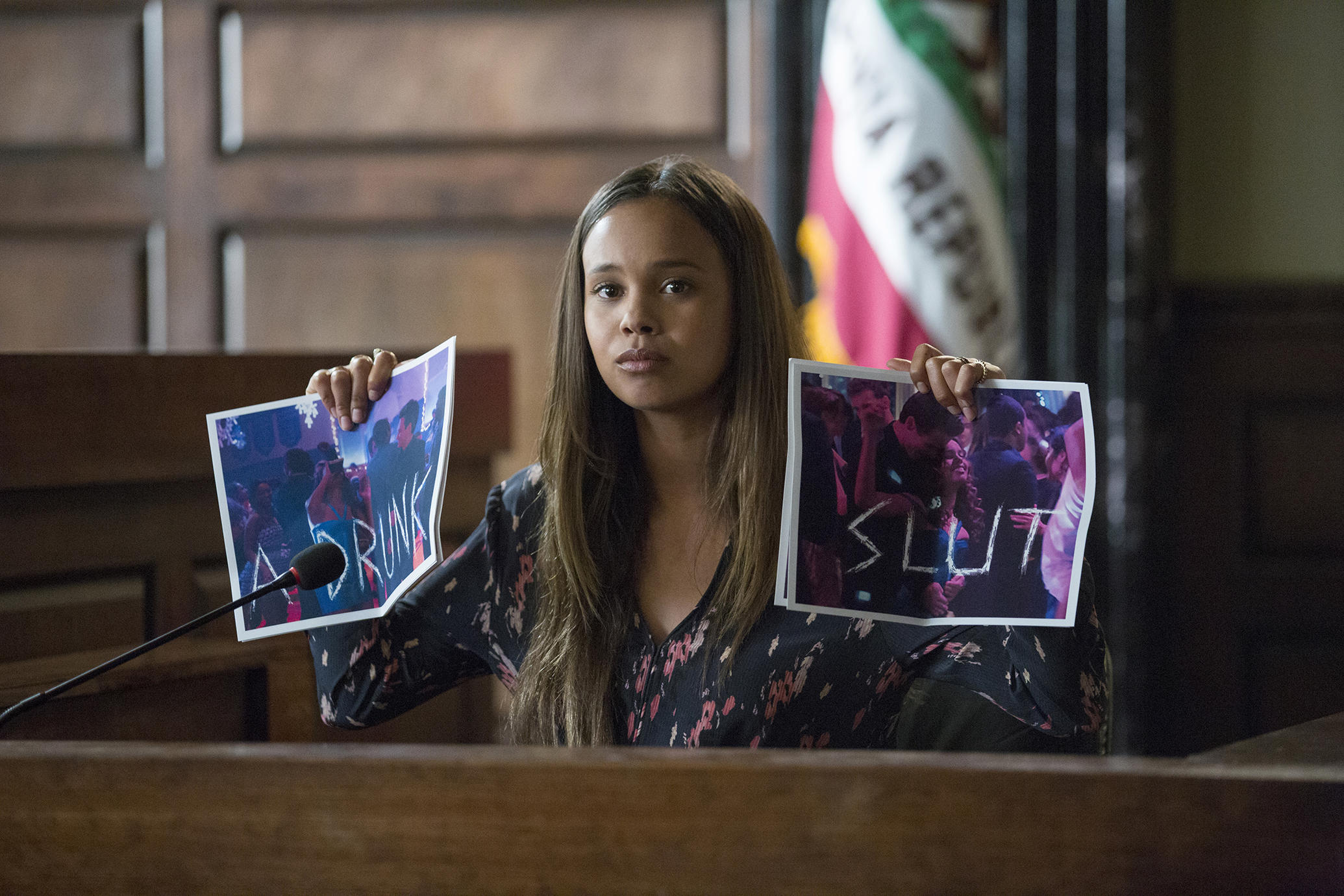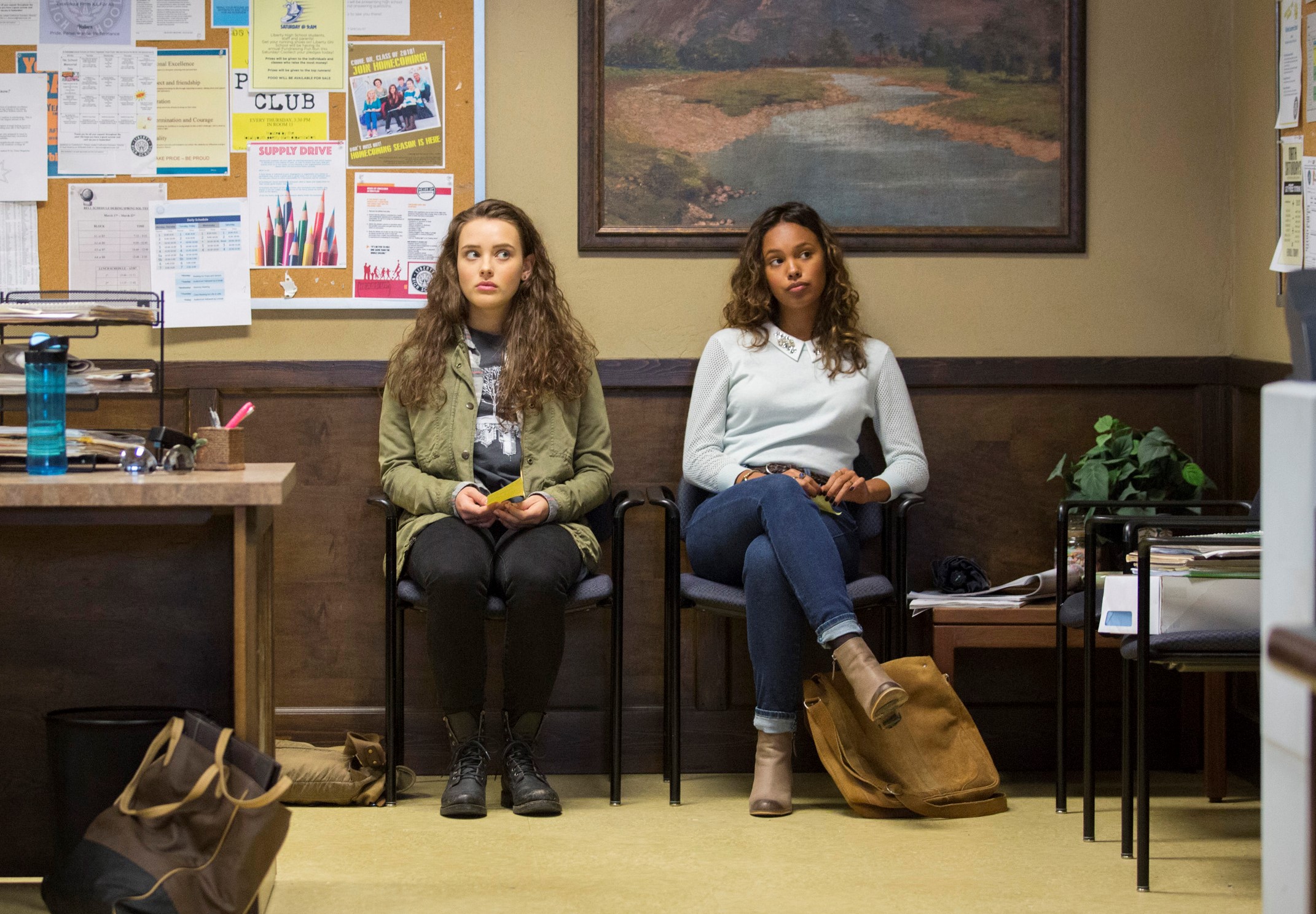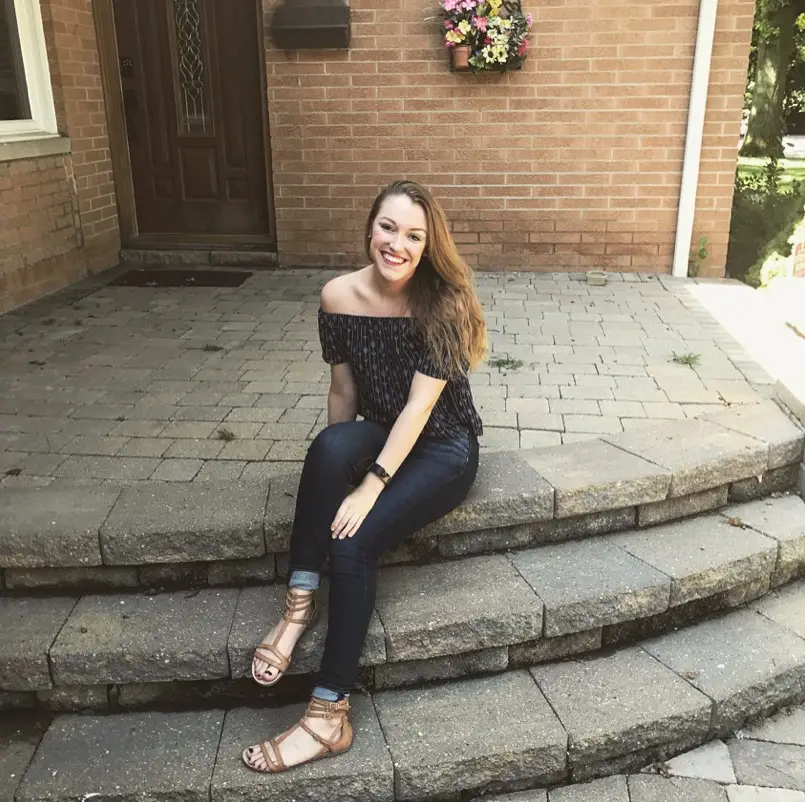Well before the #MeToo movement took America by storm, sexual assault was an issue that most avoided discussing, especially those who had the power to make an impact. It made many uncomfortable, while others overlooked it as a serious problem.
Then came along the presidential ticket of former President Barack Obama, and former Vice President Joe Biden, who aimed to change the say-nothing-do-nothing attitude prevalent in today’s rape culture, and began to speak out about the staggering occurrences of sexual assault. The pair presented at numerous college campuses and other forums to teach students about consent and the rights of rape victims.
However, the Obama administration wasn’t just all talk, as they signed historic legislation aimed at helping surviving victims, such as Amanda Ngyuen. Ngyuen, a well-known advocate for rape victims, lauded the Sexual Assault Bill of Rights for ensuring the rights of millions of sexual assault and harassment victims and sparking a conversation around the epidemic.
With new legislation and increasing discussion taking place across the nation, both Biden and Obama hoped the rampant issue of sexual violence would at least be confronted with new and more educated eyes, which would hopefully pave the way to change.
However, when the first accusers against the predator producer Harvey Weinstein came forward, Pandora’s Box was opened on the Hollywood rape culture. The Weinstein scandal was quickly followed by numerous other sexual assault allegations against famous actors and producers. When the dust had settled, it was abundantly clear that many were still out of touch with the magnitude of the issue, especially when it came to victims of color.
After the #MeToo movement swept across Twitter with the help of actress Alyssa Milano, sexual assault and harassment victims gained a stronger representation in mainstream media.
However, the media’s primary focus was centered around white women, such as Gwyneth Paltrow and Angelina Jolie, despite the movement’s black founder, Tarana Burke, who began the crusade 10 years ago. The racial discrepancy left a large portion of the 16 percent of women who have reported sexual violence feeling excluded from the movement and its demonstrations.
In the past, shows such as “Law and Order” admirably attempted to give sexual assault a platform. Unfortunately, the show, and others like it, tended to only portray the issue through white actresses and often failed to offer representation for minority victims.
The wildly popular and highly divisive Netflix series, “13 Reasons Why” prominently analyzed the sexual assault epidemic, to go along with the smorgasbord of other issues the show tackles. While the series has its fair share of critiques, who primarily criticize the show’s handling of mature topics, the program has inversely been credited with opening up conversation on rape culture, while promoting more inclusive perspectives on today’s most pressing issues.
Most notably, a scene from Season 1 depicted the rape of Jessica Davis (Alisha Boe). The graphic scene served as a highly controversial, yet pinnacle, moment in television history, not only because it’s explicit showing of an on-screen rape, but also due to the fact that the victim happened to be Davis, a black woman.
“13 Reasons Why” is centered around a high school student Hannah Baker (Katherine Langford), who took her own life but left tapes that detail the 13 reasons why she did. Viewers later learn of Davis’ rape on tape number nine, where Liberty High star athlete Bryce Walker (Justin Prentice) comes into Davis’ room — where Hannah is hiding after a bad interaction with Clay Jensen (Dylan Minnette) — and rapes Davis while she is unconscious. Baker was left to see everything and would later be assaulted by Walker as well.
When Davis learns the truth about the night she was raped in her own bedroom, she turns to her father who takes her to the police. Out of fear, Davis claims she cannot remember who her attacker was.
In Season 2, viewers watch as Davis attempts to navigate through high school, while frequently running into her attacker, Walker. Davis is slut-shamed numerous times throughout the season, as Walker claimed she had simply cheated on her boyfriend, Justin Foley (Brandon Flynn), and didn’t want to admit to it, calling it rape instead. Other girls even wrote slurs on the bathroom stall, claiming Davis “wanted it,” and hung photos of her in one of her classes that read, “drunk slut.”

While the struggles Davis faced after coming forward are a reality for many rape victims, the true reason why she didn’t immediately accuse Walker is a little more complicated. In Season 2, Jensen urges her to come forward and tell her story to take down Walker. After several episodes, Davis finally admits that she didn’t feel like she could compete with the glorified white male athlete.
As a black girl, she didn’t think she would be a worthy opponent against Walker’s loyal posse and parents’ money, which easily overcame two white accusers, Chloe Rice (Anne Winters), Walker’s girlfriend in Season 2, and Baker. Walker was able to intimidate Rice into retracting her accusation and made Baker out to be a broken girl with attachment issues.
“13 Reasons Why” is praised by some women in the #MeToo movement, primarily for portraying the type of helplessness minority women experience today. This is because, just as Davis said in Season 2, women of color aren’t seen as the “right kind” of victims.
Burke, the founder of the #MeToo movement, is glad to see a new and intense energy within the movement, with men being held accountable. However, she reminds followers and supporters that the black women the #MeToo movement was initially created for are still largely being ignored.
Burke wrote in a Washington Post article that when a black woman comes forward and says “me too,” she is even more likely to be sexualized, blamed, questioned or ignored, than white victims.
The racial disparity is evident in how Weinstein dealt with his accusers, particularly in the case of Lupita Nyong’o, a critically acclaimed Hollywood actress known for her roles in films such as “Black Panther.” Nyong’o released her statement against Weinstein in The New York Times, detailing numerous incidents where he had harassed her.
Weinstein issued a statement, calling Nyong’o out by name and blatantly denying her allegations. Of his 80 plus accusers, Weinstein has only responded in this way to Nyong’o and Salma Hayek, a juxtaposition many do not find to be purely coincidental.
Women of color experience sexual violence at a higher rate — for every African-American woman who reports her rape, at least 15 African-American women don’t report theirs. Researchers postulate that many women don’t come forward because they don’t believe that it will end in a positive outcome. Some believe this is due to the societal perception of black women being “less innocent,” resulting in an idea that they deserve less protection.
Efforts to combat these destructive discrepancies are emphasized in “13 Reasons Why,” when Davis conforms to white standards of beauty and straightens her curly hair before taking the stand in court, referring to her straightened hair as her “court hair.” She clearly does not care for it, although her white mother says she loves it.
If the #MeToo movement is intended to truly achieve the goal of women feeling confident in telling their truths, while holding men accountable for their assaults and harassment, more must be done to include all woman. White and African-American survivors need to unite and use their combined platforms to help their stories be told.
As Olivia Baker (Kate Walsh), Hannah Baker’s mother, and many students of Liberty High actively sought justice for Davis in “13 Reasons Why,” women of the #MeToo movement need to channel their ferocity to represent all victims and change the narrative for women of color, as they have begun to achieve for themselves.

















